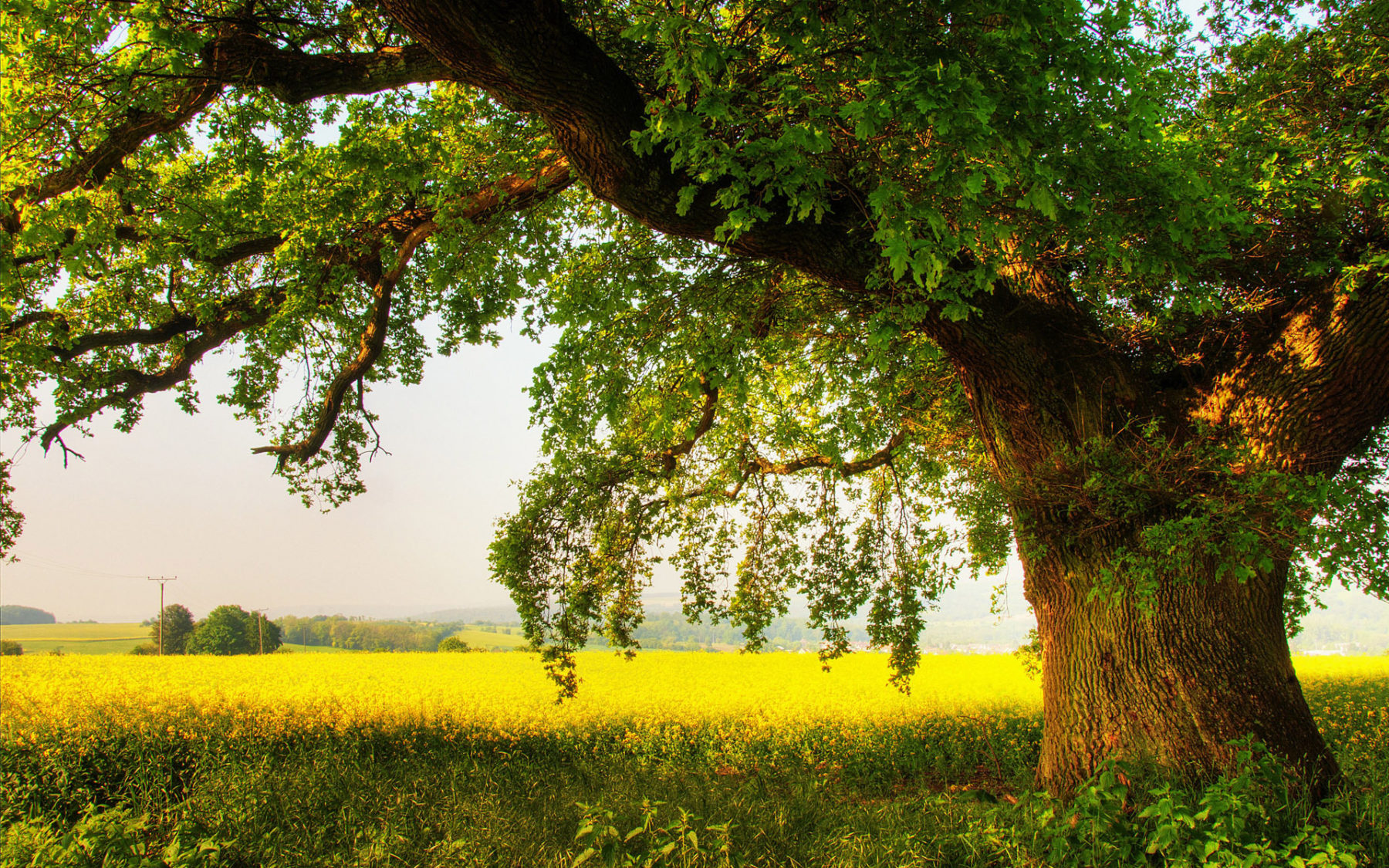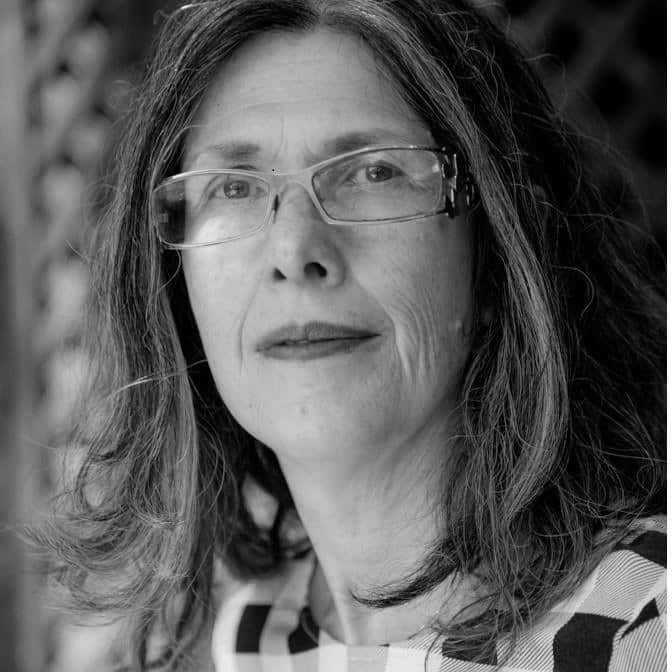

By During Sukkot — zman simchateinu — everything we acknowledged with awe and trepidation during the Days of Awe, we now celebrate in joy.
On Rosh Hashanah, we observed the birthday of the world, meaning that we owned our status as creatures. We acknowledged that we do not make the world and we do not make ourselves. We came into a world that already existed by the grace of That Which is much greater than us, a world that — God willing — will be here long after we leave it. During the Great Amidah, we sank into trust, lowering ourselves all the way to the ground in awe and respect of the One Who made us. We soberly accepted our existence as mortal, vulnerable, imperfect beings who survive and thrive through our mutual dependence and our obligations to one another and to God.
On Sukkot, we live in fragile temporary dwellings, open on one side to visitors, open to the sky. We rejoice in that fragility, calling in guests, protecting ourselves with mutuality rather than attempts at force. We experience our vulnerability as an opportunity to care for and feed one another — to give hospitality. Our needful mortality is the very condition for our rejoicing.
We remember the people in our city who live year-round in what should be temporary dwellings — booths of cardboard and tarp. Camping out is a delightful ritual for us, but not for them. If it rains, we are commanded to go inside — they have no inside in which to retreat. We recommit to ending homelessness and to giving what we can.
The Yamim Noraim begin during high summer under enamel blue skies. Heat shimmers off the pavement as we walk to shul. At night, the warm breeze gives us kisses. Green plants have grown tawny, farmers markets are bright with the last tomatoes and asparagus.
Sukkot celebrates autumn. We eat squashes and other roots. We prepare to pray for rain so crops will grow (again recalling those who will not have a roof to keep them dry). Even in Los Angeles, leaves will fall, some trees will begin to go bare, seeds will begin to drop, about to start their hidden work of renewal. We think about getting our sweaters cleaned (remembering those who don’t have warm sweaters and thinking about which ones we can let go to clothe them).
“During Sukkot, we count our harvest. We can acknowledge our accomplishments with the same thoroughness that we used to plumb our faults.”
On Yom Kippur, we deepened our work of cheshbon ha-nefesh, weighing our souls. We faced our most profound regrets and fears, voiced apologies, wept without embarrassment — and then, at sundown, let those things go. We accepted forgiveness.
During Sukkot, we count our harvest. Many of us, apart from gardens on patios or in backyards, no longer grow crops. But we can acknowledge our accomplishments with the same thoroughness that we used to plumb our faults. We can look back over the previous year at friendships begun or renewed, work done to speed social justice, income earned honorably and shared appropriately.
During Sukkot, we enjoy the tactile, fleshy, delicious aspects of being creatures of mortal flesh. We smell the fragrant citron. To the six directions we wave a wand of myrtle, willow and pine. And on the last day of Sukkot we begin to dance.
Finally, we arrive at the holiday of Simchat Torah. Judaism is the biggest book club in the world. For a year, we have been reading the Torah, the five books of Moses, all the way through. On Simchat Torah we read to the end, to the bittersweet story of Moses’ death — how he leaves the world, as most of us will, with work unfinished, his heart’s desire in plain sight and unattained, left for the next generation.
Then we spiral back to the beginning with a whole year’s worth of new perspective. We read Bereishit, when the world is new, the people were created in the image of God — male and female and very good. We go back to the garden, lush and green, where everything is possible.
Rabbi Robin Podolsky teaches Jewish Thought at Cal State Long Beach.





















 More news and opinions than at a Shabbat dinner, right in your inbox.
More news and opinions than at a Shabbat dinner, right in your inbox.